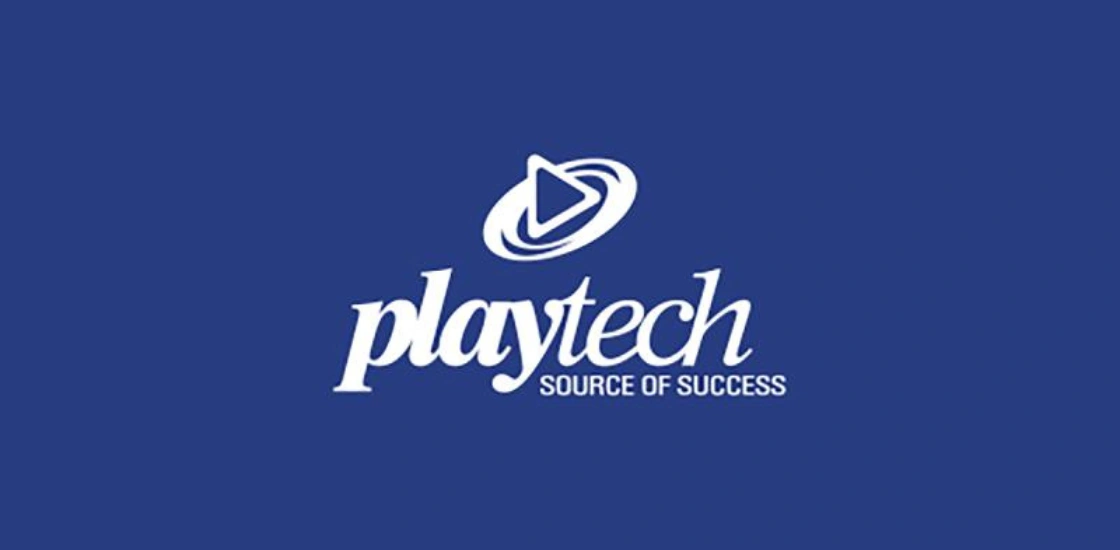Italy’s gambling sector keeps growing and increasing its tax contribution. The Customs and Monopolies Agency (ADM) shared a new update on gambling performance and regulations at a Rome summit held on 21 May. State agencies attended and discussed many issues.
ADM presented 2024 figures that show the market’s stability. Gross Gaming Revenue (GGR) reached €21.6 billion, which is a 4.4% year-on-year rise. Most growth comes from online gambling. GGR in the online sector increased 17% to €5 billion in 2024, up from €4.3 billion in 2023.
Retail gambling also grew. It moved from €16.3 billion in 2023 to €16.5 billion in 2024. Online betting has surpassed land-based betting in volume. Online wagers totaled over €92 billion while land-based gambling saw about €65 billion in wagers. Together, all bets reached €157.5 billion.
Tax revenue from gambling stayed stable at €11.6 billion. The sector reliably provides funds for the Treasury.
ADM highlighted its stricter regulatory approach under Director General Roberto Alesse, who started leading in 2023. Inspections increased in 2024. More than 19,000 gambling venues have been checked. ADM issued 3,319 administrative sanctions and blocked 721 websites found to be unlicensed. Tax assessments from these actions added up to €72.5 million. This increase shows ADM’s focus on compliance and integrity.
Roberto Alesse, ADM’s Director General, said the market’s strong performance and fiscal value are clear. At the same time, he stressed the need for continued oversight—especially with more activity moving online.
Regulators are using a two-pronged plan: supporting business growth and raising controls. ADM led the long-awaited tenders for new online gaming licenses and Lotto Italia. Applicants for new online licenses must submit by 30 May 2025. The license process is expected to bring in €350 million as an upfront fee. Each license holder will pay a 3% annual fee.
Alesse explained that this tender will give the State secure and ongoing revenue, serving as both a source of funds and a way to improve transparency.
Awarding the Lotto concession marked an important step. Lottoitalia, a group including IGT, Allwyn, Novomatic, and the Tobacco Retailers Federation, won the bid. The winning offer was €2.23 billion, far above the €1 billion starting price and more than Sisal’s bid (Sisal is a Flutter Entertainment subsidiary).
Competition was close. On technical scoring, Lottoitalia received 40 points, Sisal got 38.9 points. For the financial part, Lottoitalia scored 60, and Sisal scored 59.4. The final totals were 100 points for Lottoitalia and 98.3 for Sisal.
The new concession will last nine years, ending November 2034. Payments are spread into three parts: €500 million and €300 million paid in 2025, with the remainder settled by April 2026. Lottoitalia will pay a 6% commission on all wagers, and for business-to-consumer (B2C) online gaming, there will be an extra 8% fee.
ADM completed the Lotto contract as planned. The process used a clear scoring system and involved strong competition. The result supports investor confidence and proves ADM’s ability to manage big contracts.
There is ongoing discussion on land-based gambling reforms. Leo, the Deputy Economy Minister, said meetings are happening with regional governments due to Italy’s decentralized regulation. There is a draft bill in Parliament. The suggested deadline for new rules is 31 December 2025.
Leo stated the issue is complex. New rules will consider minimum physical distances between venues and measures for responsible gambling. Dialogue is needed between the Ministry, the Regulator, and local authorities.
Although online gambling grows quickly, ADM stated that digital platforms will not completely replace physical gambling venues. Lessons from the UK show that digital can increase access and provide better oversight but must work alongside traditional outlets.
ADM is keeping control as the market expands in a disciplined manner. The goal is to modernize regulations and maintain protections for society. Italy’s regulatory methods set an example, and ADM credits spring initiatives for keeping the country in Europe’s top spot for efficient gambling oversight.

 Companies
Companies 





